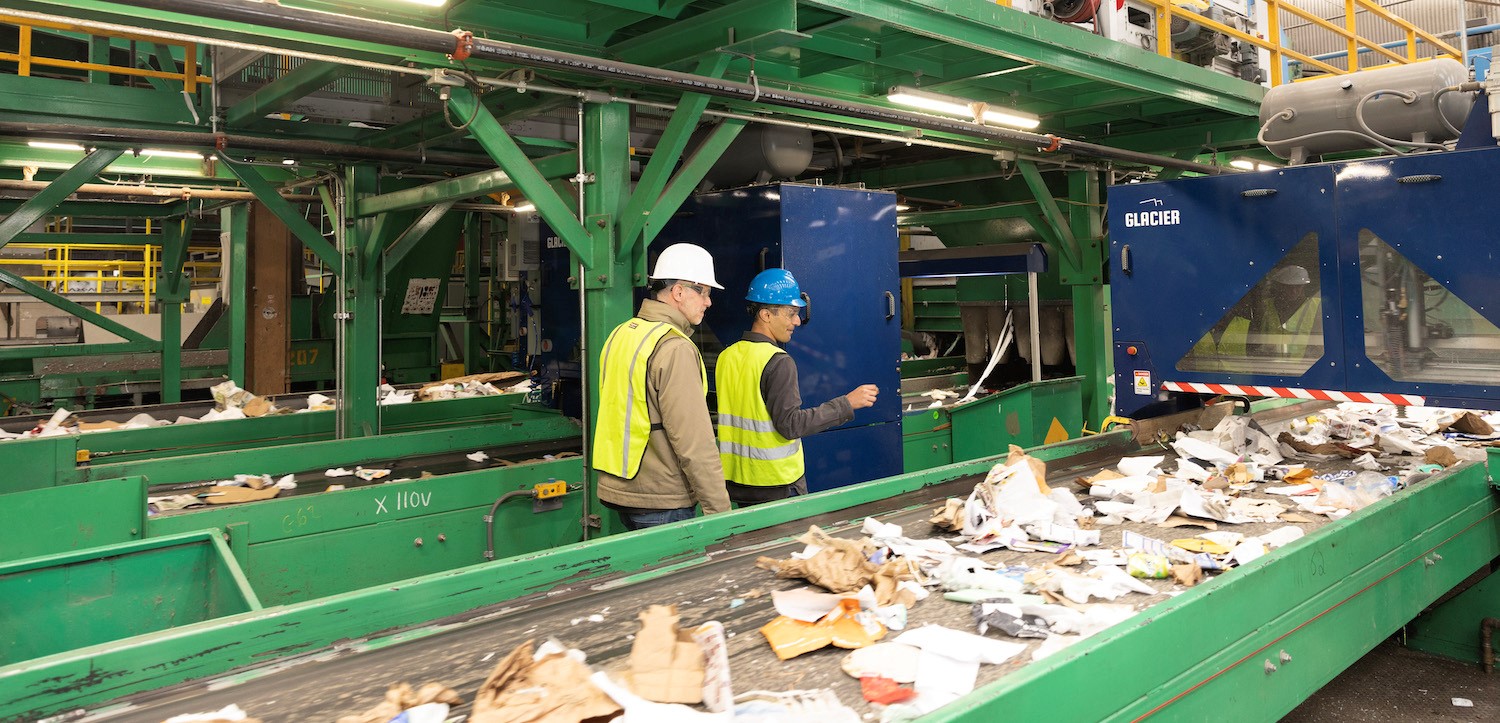

In a remarkable stride towards sustainability, Amazon's Climate Pledge Fund has extended support for San Francisco-based tech start-up Glacier, injecting vital funds into their innovative sorting technology. This strategic alliance not only signifies Amazon's untainted commitment to environmental conservation but also heralds a new era of efficient waste management and recycling practices.

Glacier co-founder Rebecca Hu concurred that the prevailing sorting robots are exponentially costly, she added: "At current performance level, most MRFs can't justify the purchase. Our recycling AI is a powerful tool for everyone in the circular economy. It couldn't come at a more important time."
Hu proudly specified that a single Glacier robot is capable of handling over 10 million used products from overcrowded landfills. "Processing nearly 300 million tonnes of recycling every year is a Herculean task. It's no wonder recycling technology is worth US$ 116 billion annually in the US alone." Hu also pointed out that at present; only 25 per cent of the residential waste generated is being recycled in the US.
Amazon's sustainable endeavours - The importance of sorting in aluminium recycling
Amazon's backing of Glacier's smart sorting initiative underscores the e-commerce giant's dedication to promoting eco-friendly solutions. By investing in Glacier's affordable AI robotic sorting system, Amazon is championing the cause of efficient waste management while simultaneously reducing its carbon footprint.
In the realm of aluminium recycling, sorting plays a pivotal role in ensuring optimal resource utilisation and minimising environmental impact. Before the material recycling process commences, precise sorting is imperative to segregate various aluminium alloys, scrap, and other materials effectively. This meticulous sorting process not only enhances the efficiency of recycling operations but also preserves the intrinsic value of aluminium, a vital component in sustainable manufacturing processes.
Understanding circular economy
Central to the concept of sustainable resource management is the notion of a circular economy, wherein resources are utilised, recycled, and repurposed in a continuous loop. In the context of the aluminium industry, embracing a circular economy framework entails not only efficient sorting and recycling practices but also fostering innovation in material recovery and reuse.
Amazon's Nick Ellis, principal of the Climate Pledge Fund, stated: "Partnering with Glacier will enable us to test the role of novel AI and robotics-based recycling technologies so that we can identify and aggregate novel packaging materials that can ultimately be recycled and repurposed."
Amazon's strategic investment in Glacier highlights the transformative potential of sustainable technology in reshaping waste management practices. By leveraging advanced sorting solutions and embracing circular economy principles, the aluminium industry can pave the way for a greener, more sustainable future.
If you wish to learn more about such green initiatives, please have a look at AL Circle's special report, Sustainability in the Global Aluminium Sector.



Responses






